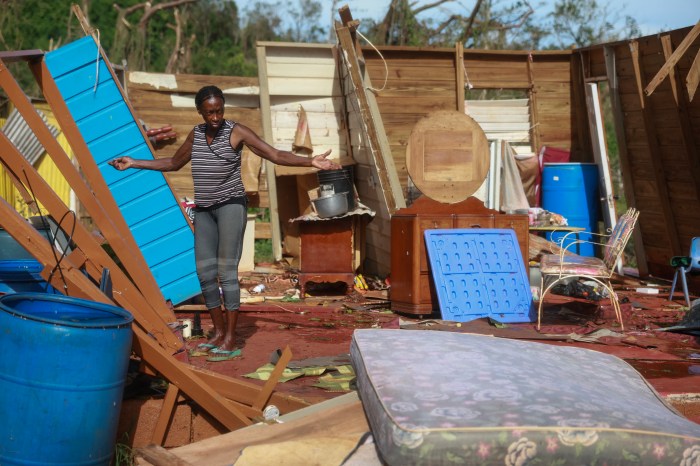We’re being told that fiscal responsibility requires big cuts in education, nutrition, and health care for millions of children. This shortsighted and uncaring thinking is not only a nightmare for those directly affected; it is an imminent threat to America’s economic future.
We have to let our policy makers know that fiscal responsibility requires caring economic policies. Here’s why.
Experts agree that a nation’s most important asset is what economists call “high quality human capital” – flexible, creative, educated people who can adapt to our globalized knowledge-service economy. Brain science shows that the years from zero to five are critical for healthy brain development. An overwhelming body of research shows that to ensure that we have this high quality human capital we must invest more in care and education for our children. Indeed, studies have long shown that this is the most cost-effective investment a nation can make.
Other developed nations are investing heavily in early childhood education because it is an investment in their economic success. But our nation has gone in the opposite direction – despite all the evidence that not making this investment will lead to an economic calamity.
A substantial body of research shows that high-quality pre-K education prepares children to succeed in school and enroll in college or career training. It further shows that this not only prevents the enormous financial costs of remedial work, delinquency, crime, and other problems, but also leads to better jobs, higher incomes, and greater contributions to our tax base and our economy.
Yet the State of Preschool 2011 study found that rather than increasing our national investment in these essential programs, real spending on state pre-K education declined by about 15 percent in the past 10 years. This means that spending per child nationally is $715 lower than even the 2001-2002 level.
“A decline of this magnitude should serve as a wake-up call for parents and policy leaders about how well we are preparing today’s preschoolers to succeed in school and later find good jobs in a competitive market,” said Steve Barnett, director of the nonpartisan National Institute for Early Education Research (NIEER) at Rutgers University, warned.
We must see to it that our policy makers heed this warning. They need to know about this report. They need to know about the proven success of hundreds of small programs across the country, such as the early childhood education pilot programs supported by the W.K. Kellogg Foundation.
They also need to know about the need for new economic measures that are more accurate and inclusive than the much touted GDP or Gross Domestic Product: measures such as the Social Wealth indicators now being developed. When GDP keeps rising at the same time that joblessness is dangerously high and childcare and educational budgets are slashed, it is clear that we urgently need better measurements that give policy makers and the public a more accurate picture of the true economic health of the country and our citizens, of what really counts for long-term national economic competitiveness.
Social Wealth indicators show the enormous economic value of care and education for children. They identify low-cost, high-value investments for developing our people’s capacities – our human capital — so that our country can achieve a healthy economy, a better quality of life, and a strong democracy through caring business and government policies and practices across the board.
The federal $500 million Race to the Top-Early Learning Challenge that is providing grants to nine states for improving quality is a step in the right direction. But we urgently need more — and it is up to us to demand that local, state, and federal governments invest in our most precious national asset: our children.
There’s an old saying that a stitch in time saves nine. This is a time-tested wisdom. Our policy makers must adopt it in light of the enormous costs of not investing in care and education for our nation’s future workforce. The proven benefits of this and other truly fiscally responsible investments are overwhelming.
Riane Eisler is president of the Center for Partnership Studies and the best-selling author of “The Chalice and the Blade: Our History, Our Future” and “The Real Wealth of Nations: Creating a Caring Economics.”























